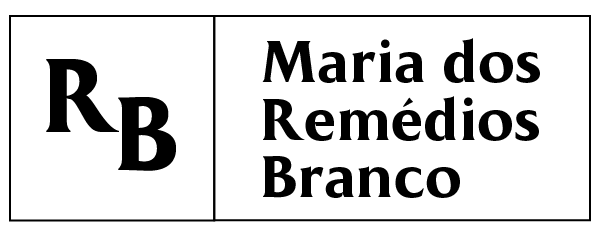Background: Beriberi is the clinical manifestation of thiamine deficiency. It is multicausal and typically associated with poverty and food insecurity among vulnerable populations, such as indigenous people.
Objective: The objective of this study was to carry out a spatial analysis of reported cases of beriberi among indigenous people in Brazil.
Methods: Cross-sectional study using time series data on suspected cases of beriberi reported to the Ministry of Health via the FormSUS between July 2013 and September 2018. Indigenous villages were georeferenced, and Kernel density estimation was used to identify patterns of the spatial distribution of beriberi cases.
Results: A total of 414 cases of beriberi were reported in the country of which 210 (50.7%) were indigenous people. All the cases in indigenous people occurred in states located in the Legal Amazon (Maranhão, Roraima, and Tocantins). Kernel density estimation showed high-density areas in Tocantins and Roraima.
Conclusions: This is the first nationwide study of reported cases of beriberi. The findings can be used to guide actions that contribute to the monitoring and prevention of beriberi among indigenous people.


 , p. 037957212110020, 2021.
, p. 037957212110020, 2021.